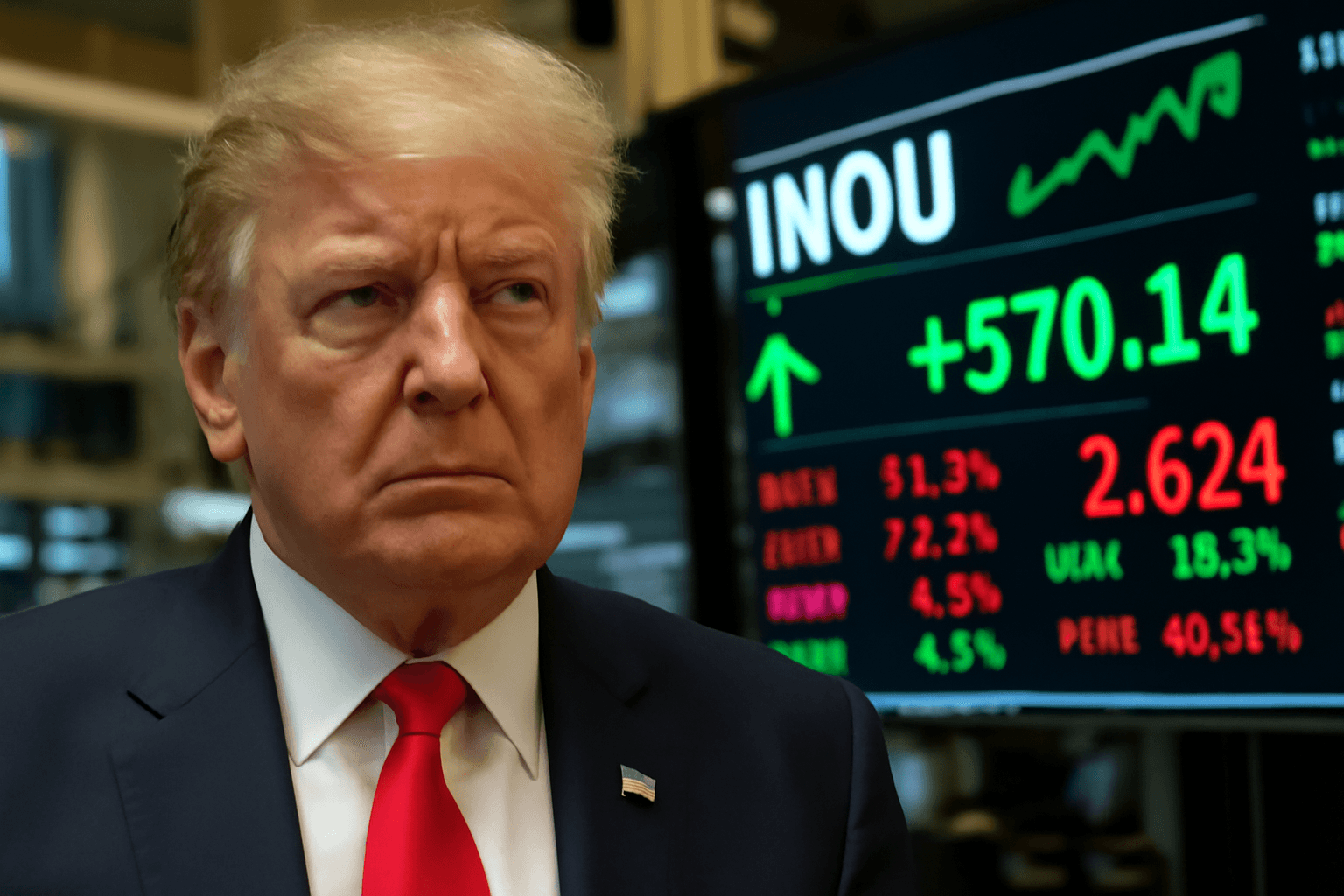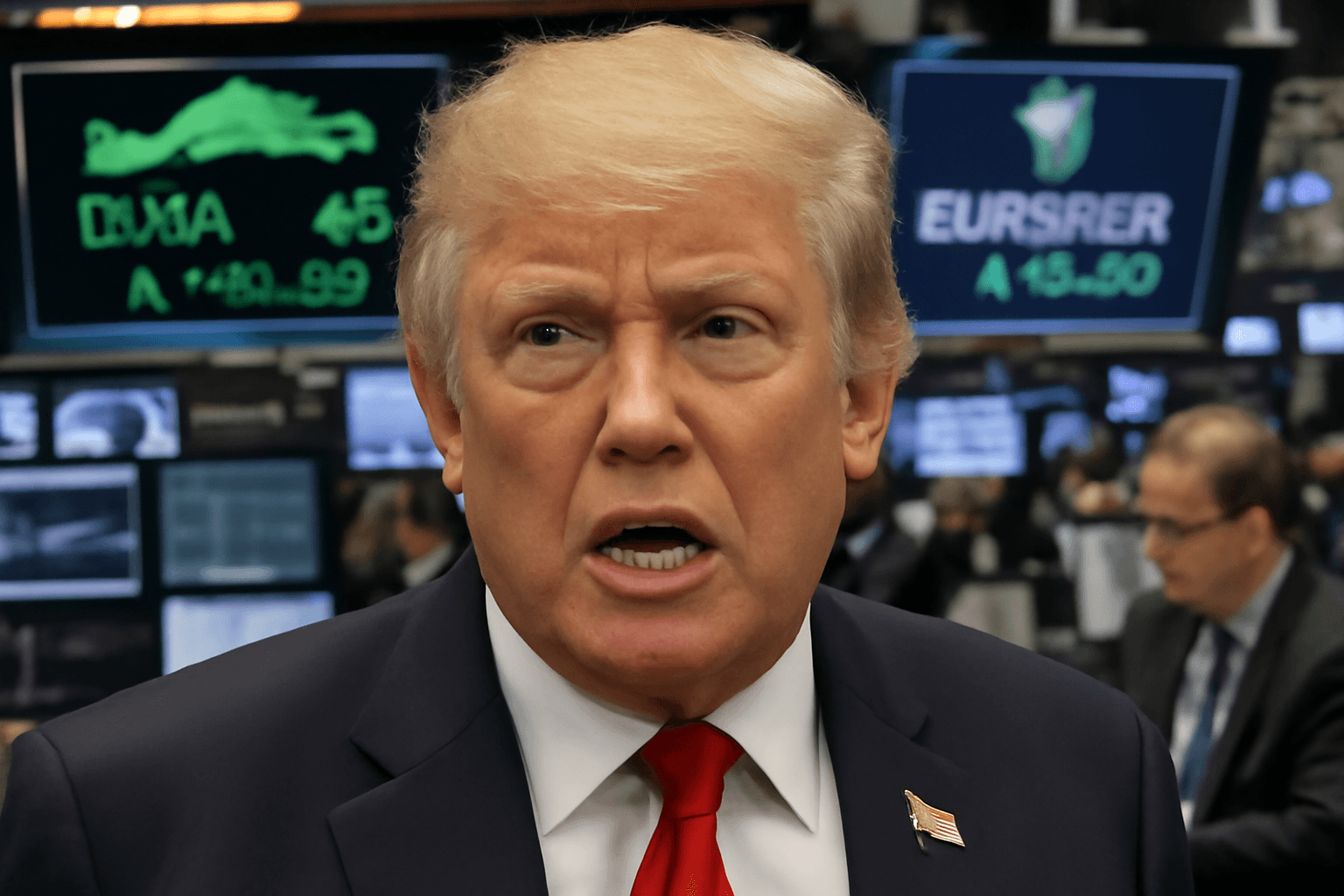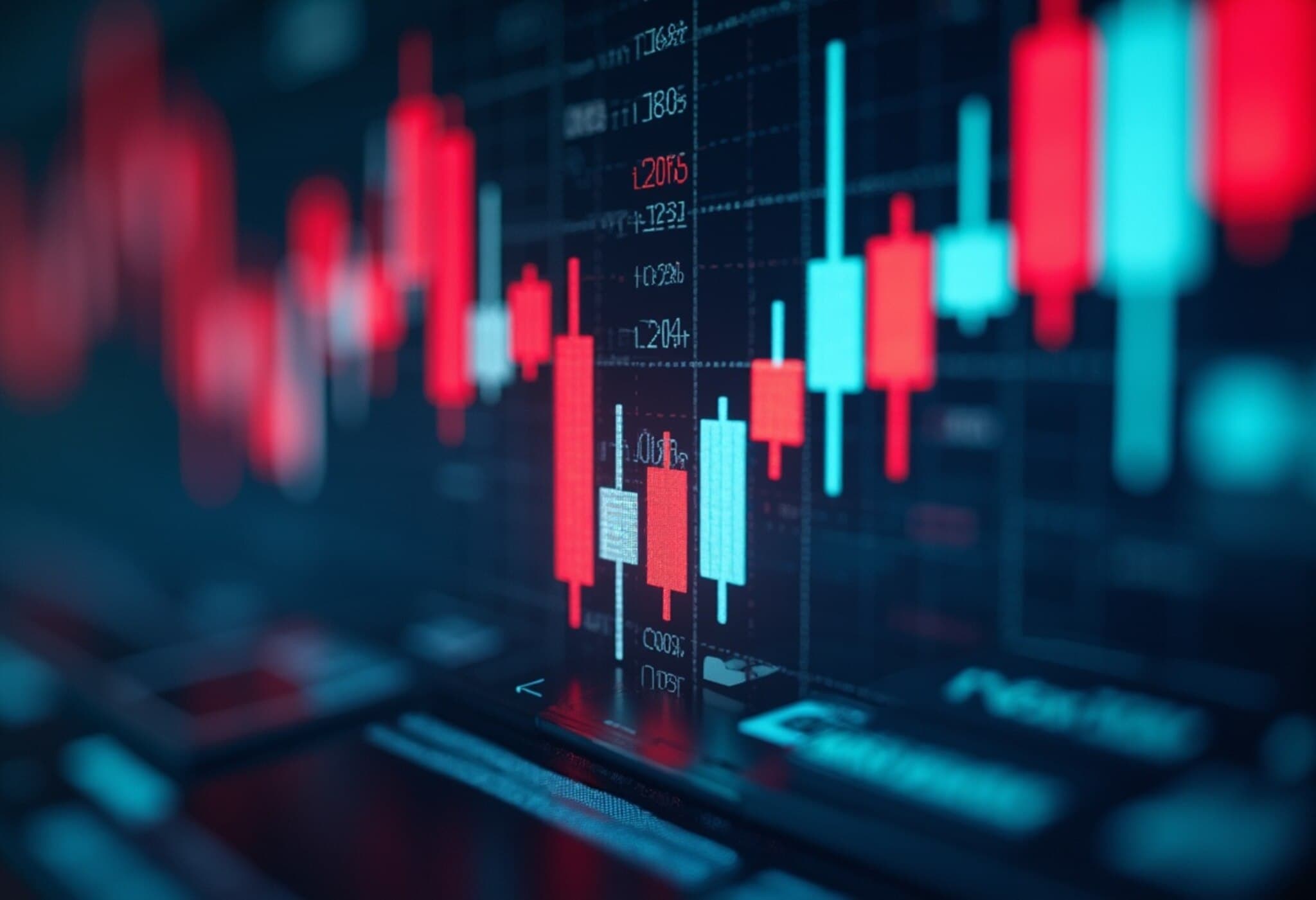European Markets Poised for Positive Start Amid OPEC+ Oil Production Hike
As the new trading week unfolds, European stock markets look ready to open on a cautiously optimistic note, buoyed by a fresh surge in oil supply and tentative signs of stability. According to futures data from IG, key European indices are set to gain between 0.4% to 0.5% at the open: London’s FTSE 100 is expected to rise by 0.4%, France’s CAC 40 by 0.5%, Germany’s DAX by 0.4%, and Italy’s FTSE MIB by 0.4%.
Background: Last Week’s Market Volatility and Policy Developments
However, this week’s tentative optimism follows a turbulent finish to last Friday, which saw the pan-European Stoxx 600 suffer its steepest drop since April. The decline came in the wake of new U.S. trade tariffs announced on August 1 — a move that sent ripples through global markets. While the European Union and the United Kingdom had already responded with tariffs of their own, the fresh U.S. tariffs have intensified investor fears over a potential slowdown in global economic growth.
Defensive sectors like travel and banking felt the brunt, with Stoxx 600 travel stocks plunging 2.7% and banking stocks down nearly 2.9%. This key sell-off underscored ongoing concerns about how tariffs might disrupt trade flows and consumer demand in the months ahead.
U.S. Economic Signals and Their Impact
Adding to the uneasy global economic backdrop, last Friday’s U.S. jobs report revealed mixed data, which, combined with the tariff news, pushed the Dow Jones Industrial Average and other major Wall Street indices lower. Market participants interpreted these signals as increasing the likelihood that the Federal Reserve might pivot towards cutting interest rates in the near term to cushion the economy.
Oil Market Dynamics: OPEC+ Boosts Production Yet Prices Falter
Energy markets have also been in focus as OPEC+ confirmed a 547,000 barrels per day increase in oil production for September, continuing a pattern of stepped-up supply that started earlier this year. The announcement weighed on prices, with Brent crude slipping slightly during early Asian trading sessions on Monday.
For investors and policymakers alike, the oil production increase introduces a complex dynamic. On one hand, more supply can ease inflationary pressures related to energy costs; on the other, it may signal concerns about waning demand amid slower growth forecasts.
What to Watch This Week: Key Data and Earnings
The second quarter earnings season is gradually winding down, with Monday showing a relatively quiet slate for corporate earnings announcements. This lull shifts attention toward economic data releases, particularly:
- Turkish Central Bank’s Monetary Policy Decision: Investors will scrutinize Turkey’s policy stance as the country navigates inflationary headwinds and exchange rate volatility.
- Spanish Employment Figures: Labor market data here will provide insights into broader Eurozone economic resilience.
Given ongoing geopolitical tensions and trade negotiations, these data points will be pivotal in shaping market sentiment in the coming days.
The Bigger Picture: Navigating Uncertainty in Global Markets
While European markets aim to regain footing after last week’s volatility, several questions remain unanswered: How will the interplay between tariffs and central bank policies influence the trajectory of global growth? Can energy markets stabilize amid fluctuating supply decisions? And importantly, what will be the lasting impact on consumer confidence and corporate investment patterns?
Investors are urged to weigh these multifaceted risks carefully as liquidity and volatility patterns suggest that stability is not guaranteed.
Editor’s Note
As markets straddle the line between cautious optimism and persistent uncertainty, it becomes clear that a combination of geopolitical maneuvers, monetary policies, and commodity supply decisions will decisively shape the financial landscape this quarter. This juncture invites both investors and policymakers to reflect on strategies that balance growth ambitions with risk mitigation, particularly given the interconnected nature of today’s global economy.



















